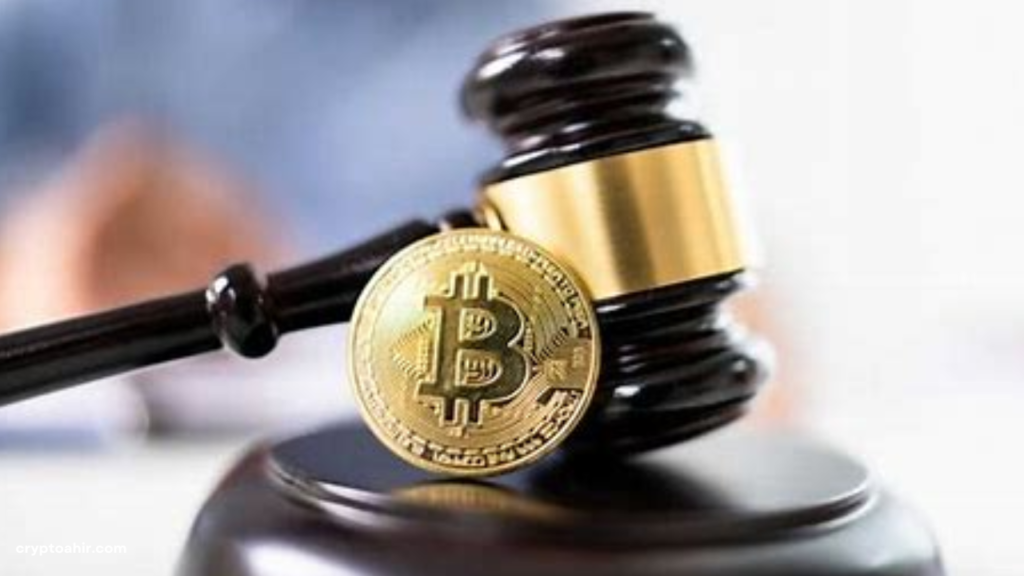Many cryptocurrency investors have received income tax notifications in recent weeks for failing to pay taxes on peer-to-peer (P2P) trades made on international exchanges. A representative for Binance informed Moneycontrol that the exchange has been keeping a careful eye on transactions and notifying FIU-Ind of any questionable activity.
Using peer-to-peer (P2P) transactions, Rakesh traded cryptocurrency tokens valued at Rs 98,500 for around Rs 100,000 in 2022, earning a pitiful Rs 1,500 profit. A central exchange was used to complete the transaction, and he got the whole amount in his bank account.
His Rs 100,000 payment was flagged by the income tax authorities in a notification he got a few weeks ago. As evidence, the official produced screen grabs of the P2P deal and the exchange-generated statement. He was then required to pay a 78% fine, or Rs 78,000, on a Rs 1,500 profit.

In recent weeks, he has been among the more than fifty users of the cryptocurrency tax site Koinx who have received these IT notifications. Rakesh was penalized, according to Koinx creator Punit Agarwal, since his transaction was deemed a “unexplained cash credit” under the recently amended revenue Tax Act. This may result in a 60 percent tax penalty on hidden revenue, plus surcharges, for a total tax punishment of more than 70 percent.
He received a punishment since he was only allowed to disclose the vendor’s profile screenshot and conversation history on the exchange, not any other information about the seller. Rakesh did not possess the PAN card, which was one of the precise KYC data requested by the officer, according to Agarwal.
Investors frequently use numerous identities on cryptocurrency exchanges and bank accounts with different names, which Agarwal pointed out has made it difficult for investors to provide evidence of transactions.
Because they were not registered in India and were not subject to local anti-money laundering regulations or tax deduction monitoring, the majority of these P2P transactions took place over overseas exchanges, such as Binance and the now-defunct FTX.
Several pioneers of the cryptocurrency business informed Moneycontrol that Binance may have given the government information about questionable transactions following its recent registration with the Financial Intelligence Unit—India.
Also read: Why not follow in the footsteps of teenagers who are making millions by creating viral memecoins? 🚀 Get your own token now with XXX, the most reliable platform for easy success! – https://launchtoken.fun/?ref=1
The government of India levied a 30 percent tax on profits from virtual digital assets (VDAs) and a 1 percent tax deducted at source (TDS) on all transactions above Rs 10,000 in 2022.
CoinDCX CFO Abhinav Jain told Moneycontrol that the letters were mostly sent to Binance P2P traders. The acquisition cost was not taken into account, and consumers received tax warnings on the total amount in the bank. Users now have the responsibility of demonstrating whether or not they reported the tokens in their prior ITR reports.
More than thirty of TaxNodes’ clients received notifications from IT officials, according to another cryptocurrency tax business. According to founder Avinash Shekhar, “P2P transactions take place via bank accounts, and the exchanges do not directly participate in tax deductions.” In the P2P commerce, it was required of the customers themselves.
In some situations, the proportion of TDS might increase to as much as 20% if the customer on one side does not possess the other’s PAN or Aadhaar card. In most Indian exchanges, P2P is not permitted. Only Binance now permits P2P transactions, but funds do not pass via them. “Binance merely facilitates it; it goes straight through between customer bank accounts,” Shekhar said.






